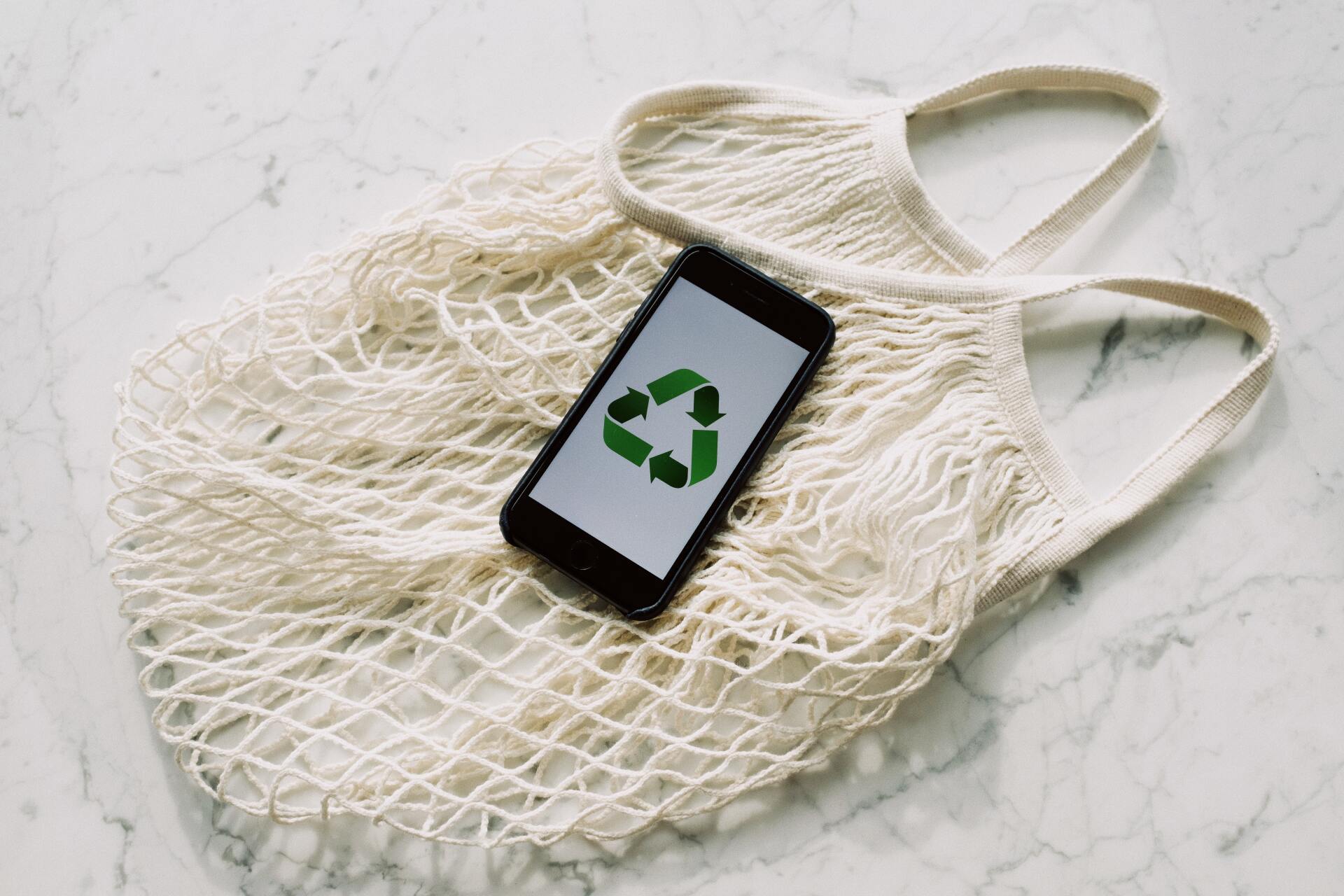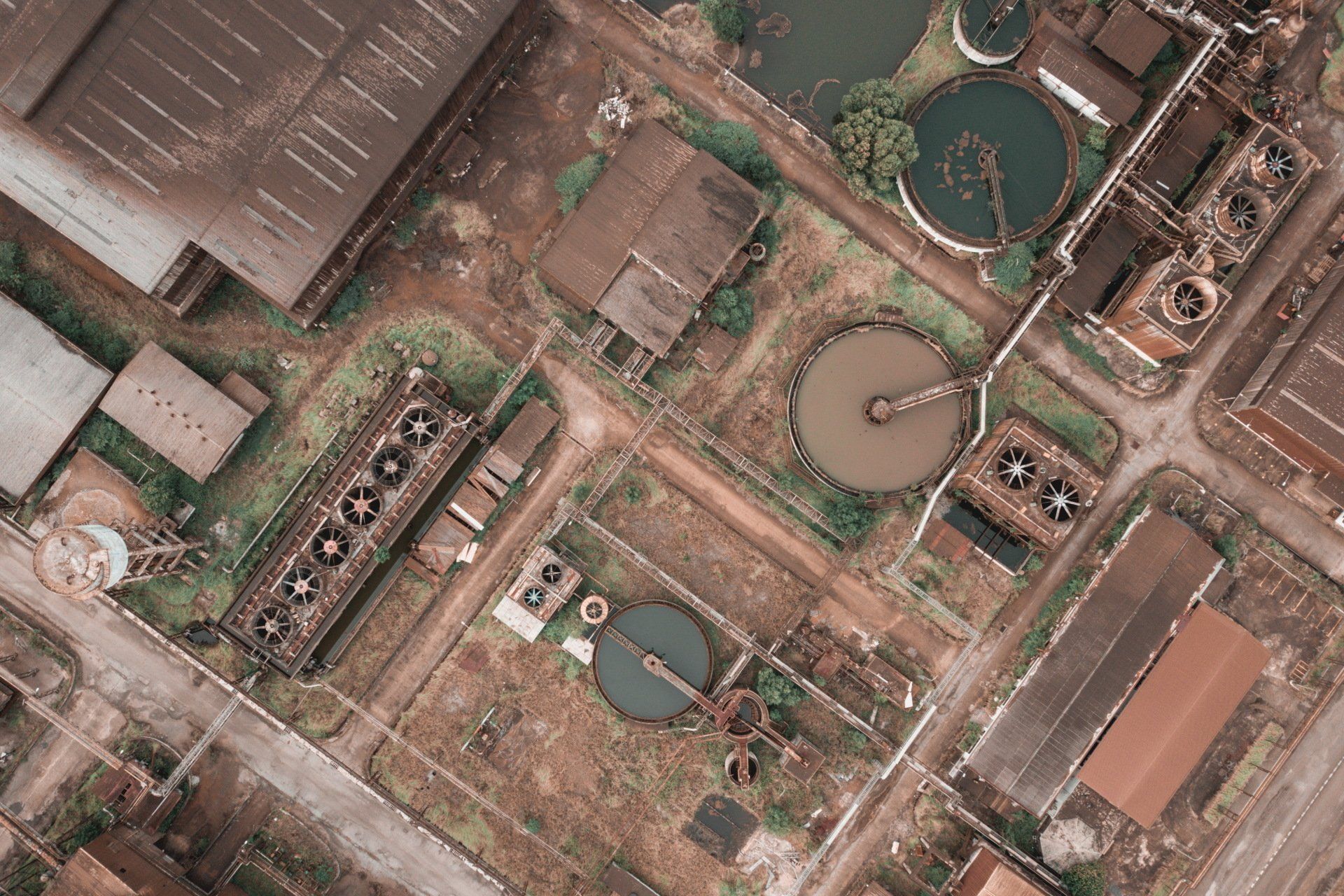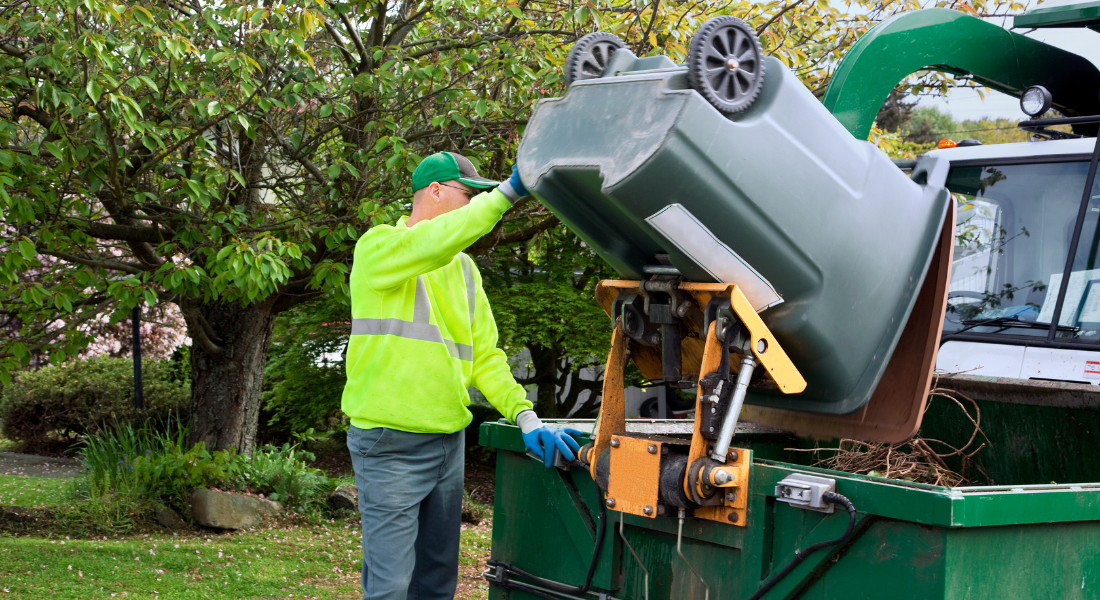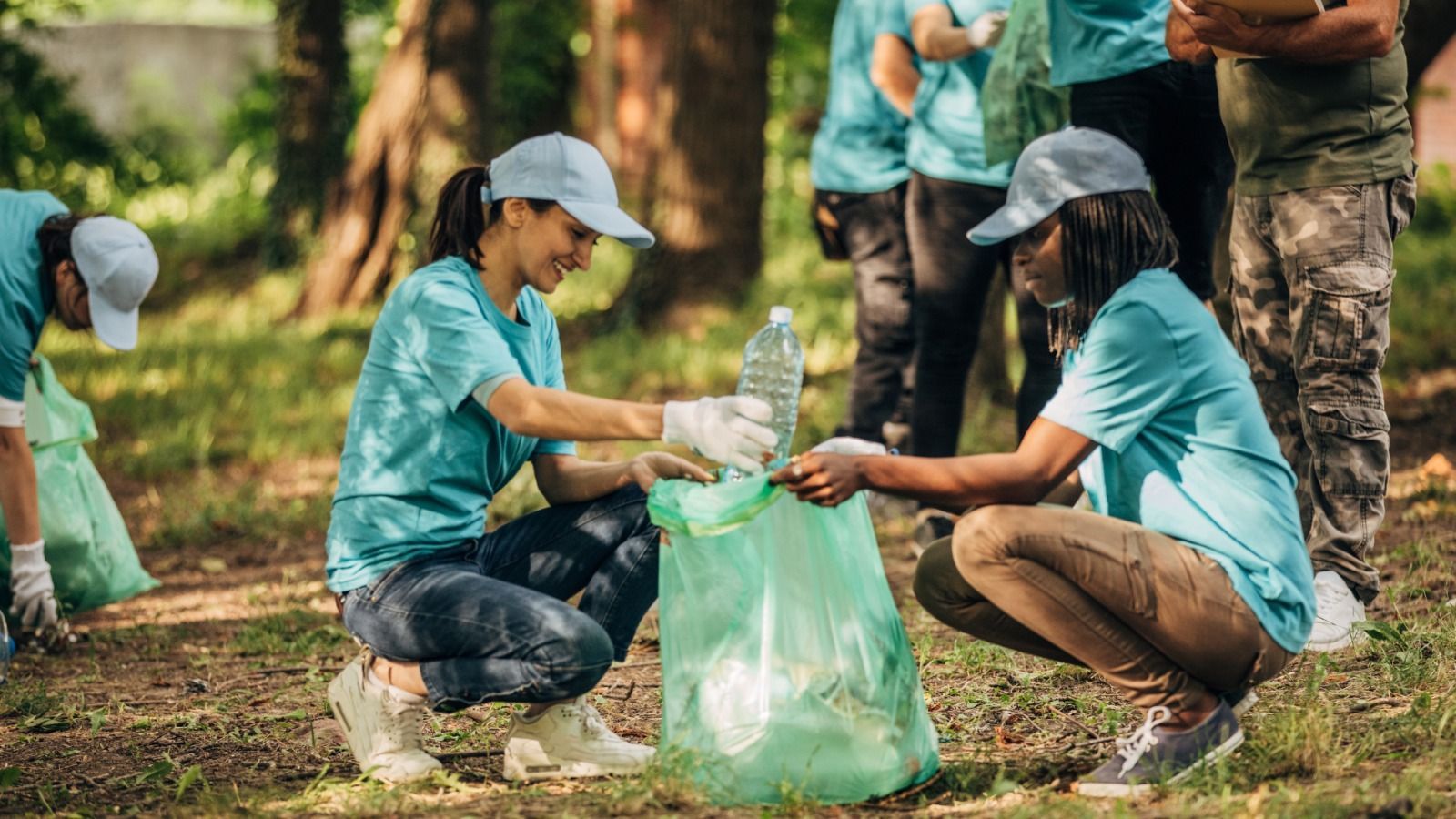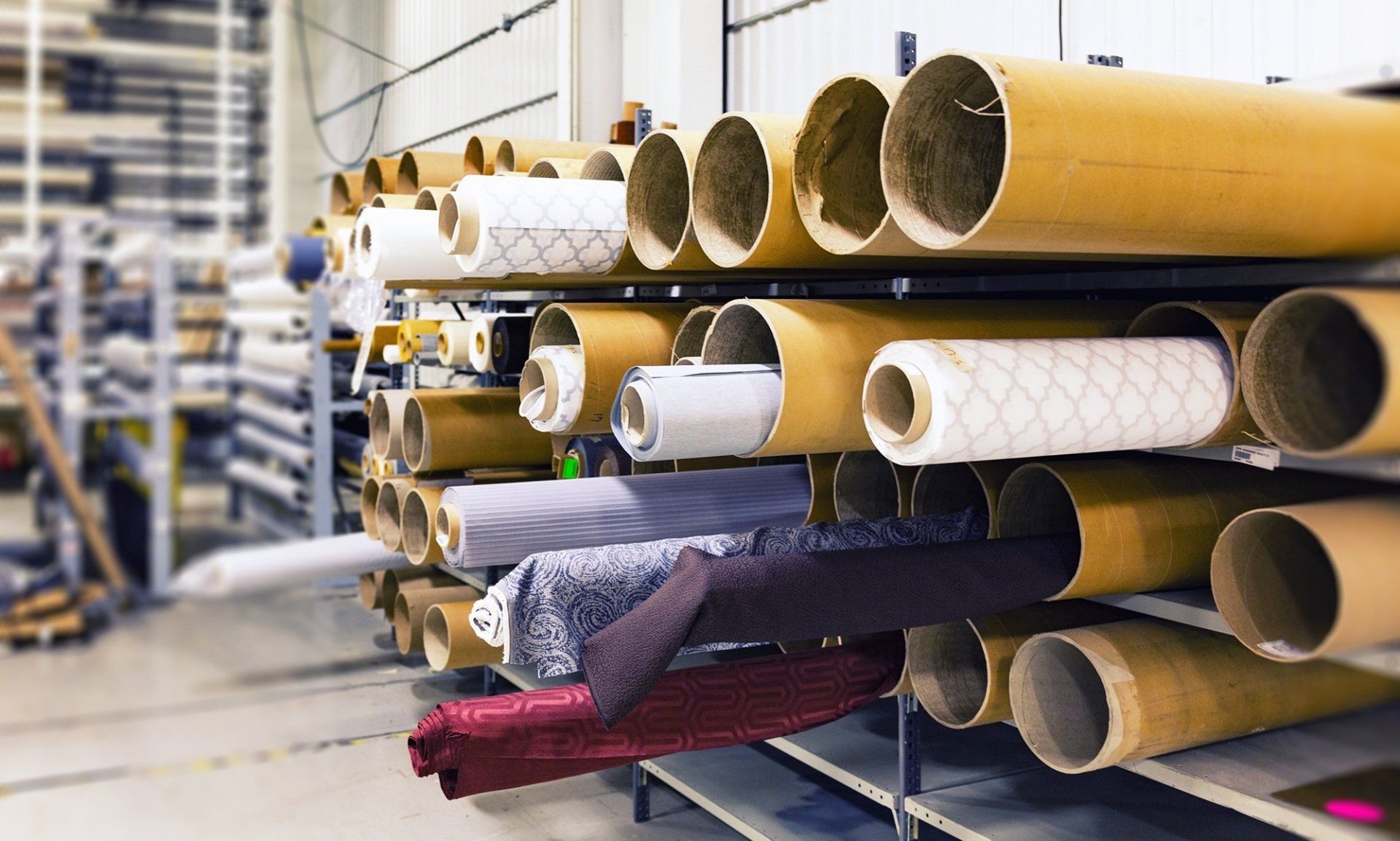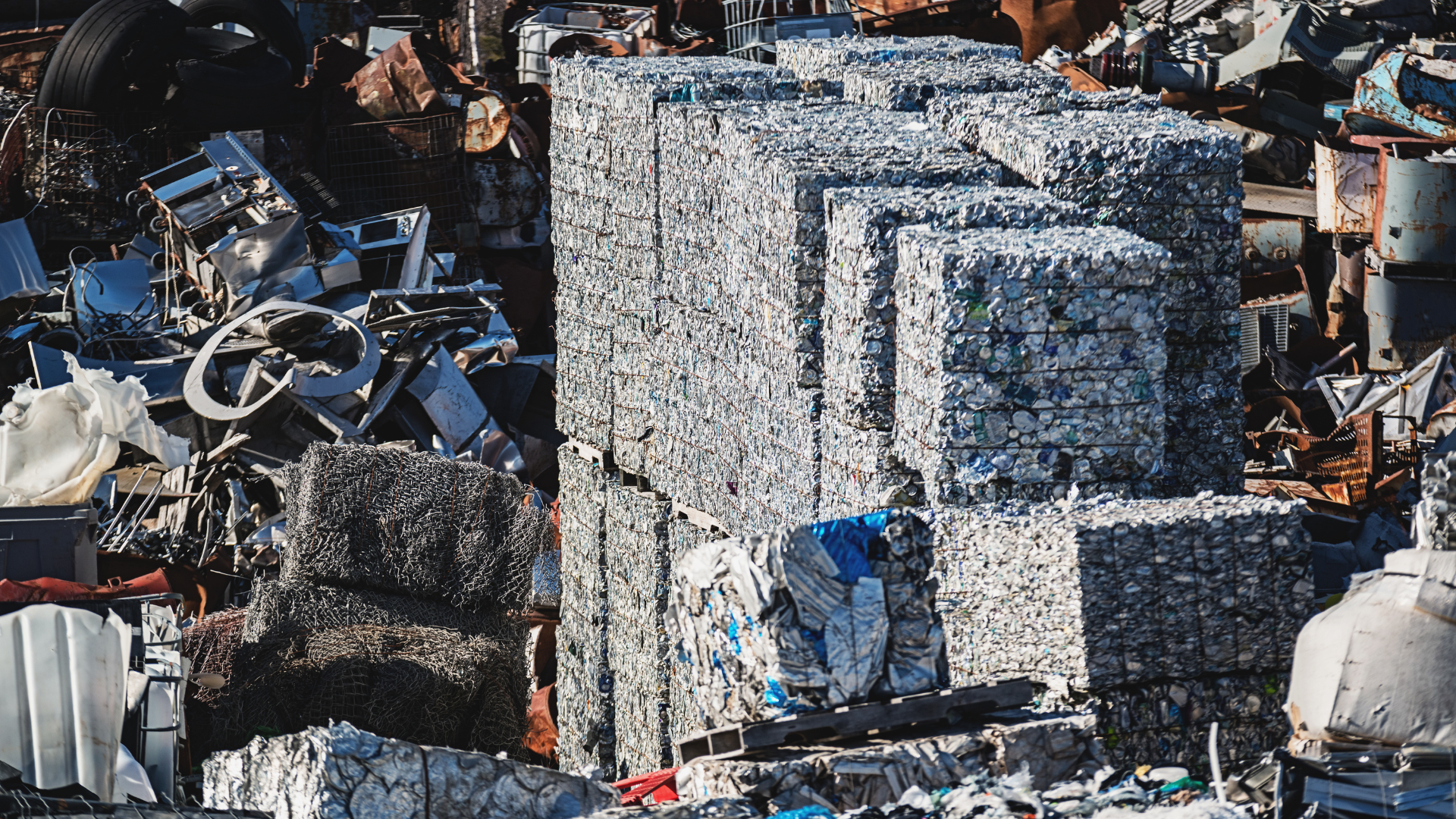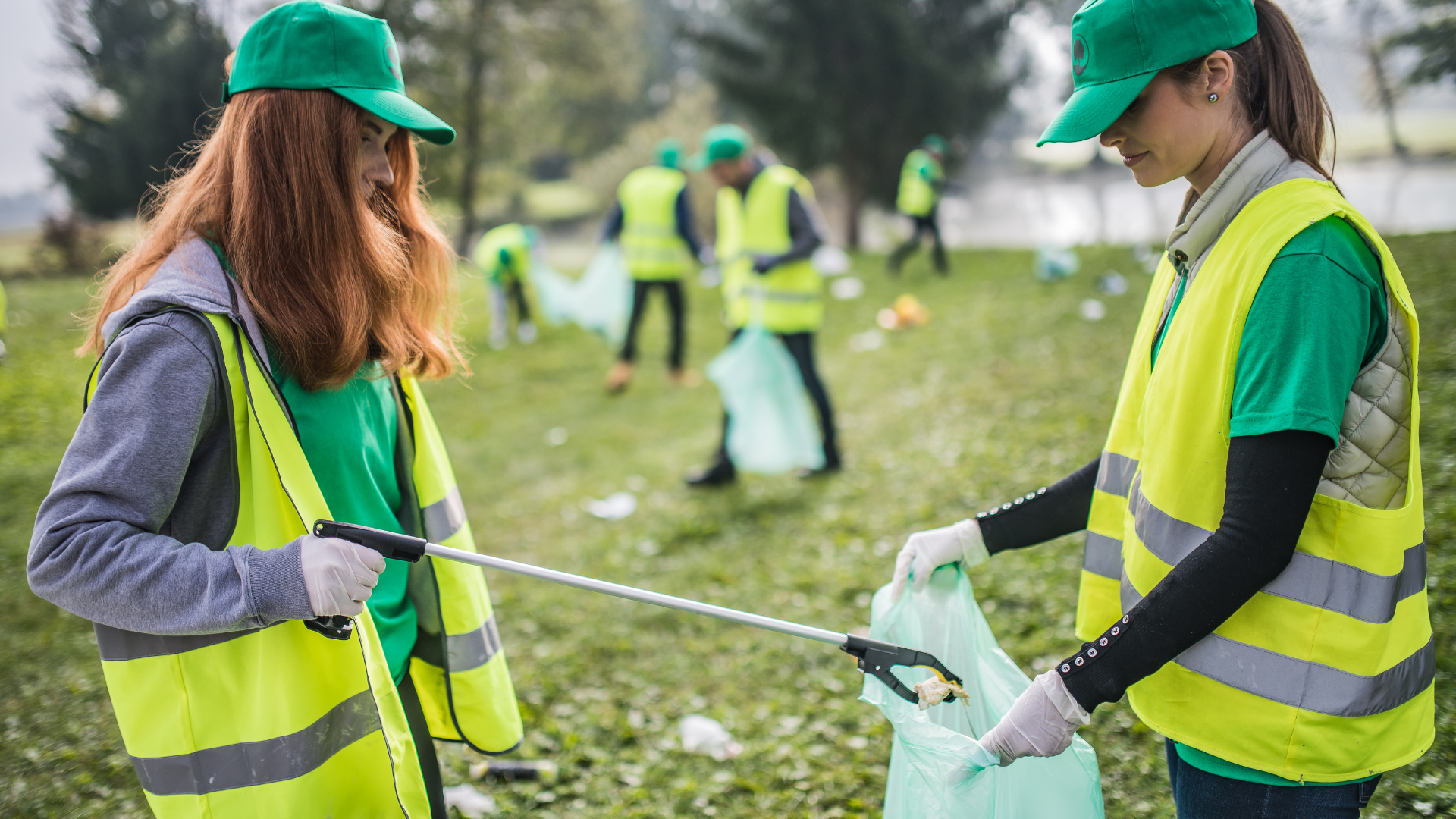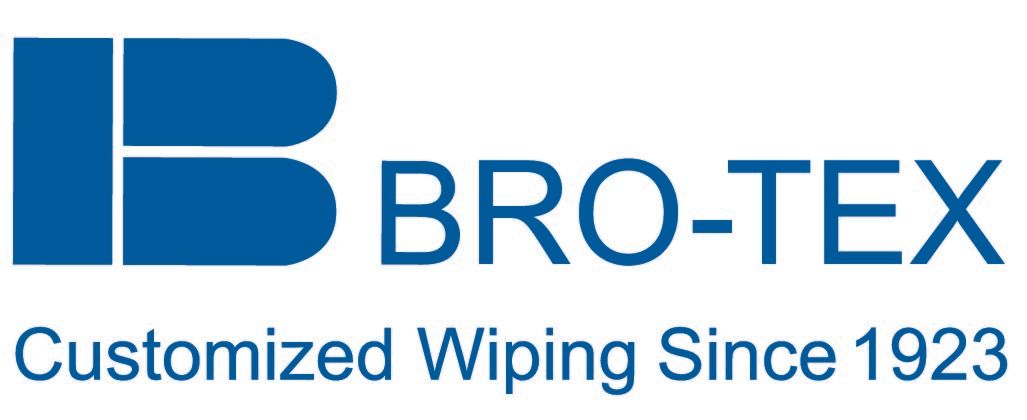All you need to Know About E-Waste Recycling
FIND OUT HOW YOU CAN SAVE OVER 30% ON YOUR WASTE COST
WHILE IMPROVING THE SERVICE LEVEL
We Will Provide A Free Waste Savings Audit.
Up to 50-million metric tons of e-waste is generated each year. That’s nearly 70% of the world’s toxic waste. This waste includes smartphones, computers, monitors, and other electronic devices. Over time, these items degrade to the point that they can no longer be used. As a result, there is a huge amount of waste that goes into landfills every year.
What is E-waste?
E-waste is a term used to describe the unused electronic devices that people have discarded because they don’t work or can’t be fixed.
Many of our devices contain toxic chemicals that are harmful to the environment. The best way to reduce these materials is to recycle electronics and appliances.
The goal of recycling e-waste is to reduce the amount of waste sent to landfills, which can hold more than 80% according to one study.
Why Is There So Much E-Waste?
Phones, computers, light bulbs, and batteries are all very important gadgets that are integrated into our everyday lives. However, they last a limited amount of life. These consumer electronics are not easily repairable so are considered disposable.
Many people are buying new electronics, which is the main cause of discarding their old devices.
The race to buy the newest, greatest, or most innovative product has caused many electronics to be thrown away.
Why Is E-waste Recycling Important?
It’s important to understand the environmental impact of e-waste recycling. The amount of energy waste generated by electronic products is a serious issue. E-waste recycling is not only important for the environment, it’s also important in the fight to stop the spread of harmful diseases such as Ebola. There are a few ways to recycle e-waste. The easiest way is to use a drop off point, like a local recycling center or old computer recycling center.
These recycling centers recycle old devices, some of the parts are used to make new ones. This helps reduce overall waste in landfills.
Specialized processing centers safely eliminate hazardous materials and chemicals from the environment, keeping them from seeping into the ground and contaminating the water supply or polluting the air.
The most important thing that can be done to recycle broken or old electronics is, donating it to a recycling center. These recycling centers are professionals in their way to dispose of this E-waste.
Important Tip: Reduce, Reuse, Recycle
It is important to reduce the amount of electronic waste we discard. Reusing and repurposing old electronics can help slow the spread of e-waste. If you have a device that is no longer being used, it's important to recycle it responsibly. By recycling, you can prevent or reduce the environmental impact of these e-products.
Conclusion
The environmental impact of e-waste is significant because it’s something that ends up in landfills and doesn’t get recycled. It also has a negative effect on the environment. As a way to reduce this impact, it’s important to understand what is E-waste? Why Is E-waste Recycling Important? and How can you manage it.
GET IN TOUCH TODAY
TVG Waste Consulting provides proactive environmental consulting services. We're dedicated to saving you time, money, and making sure you have a custom solution to meet your needs. Contact us today!
Our Recent Articles
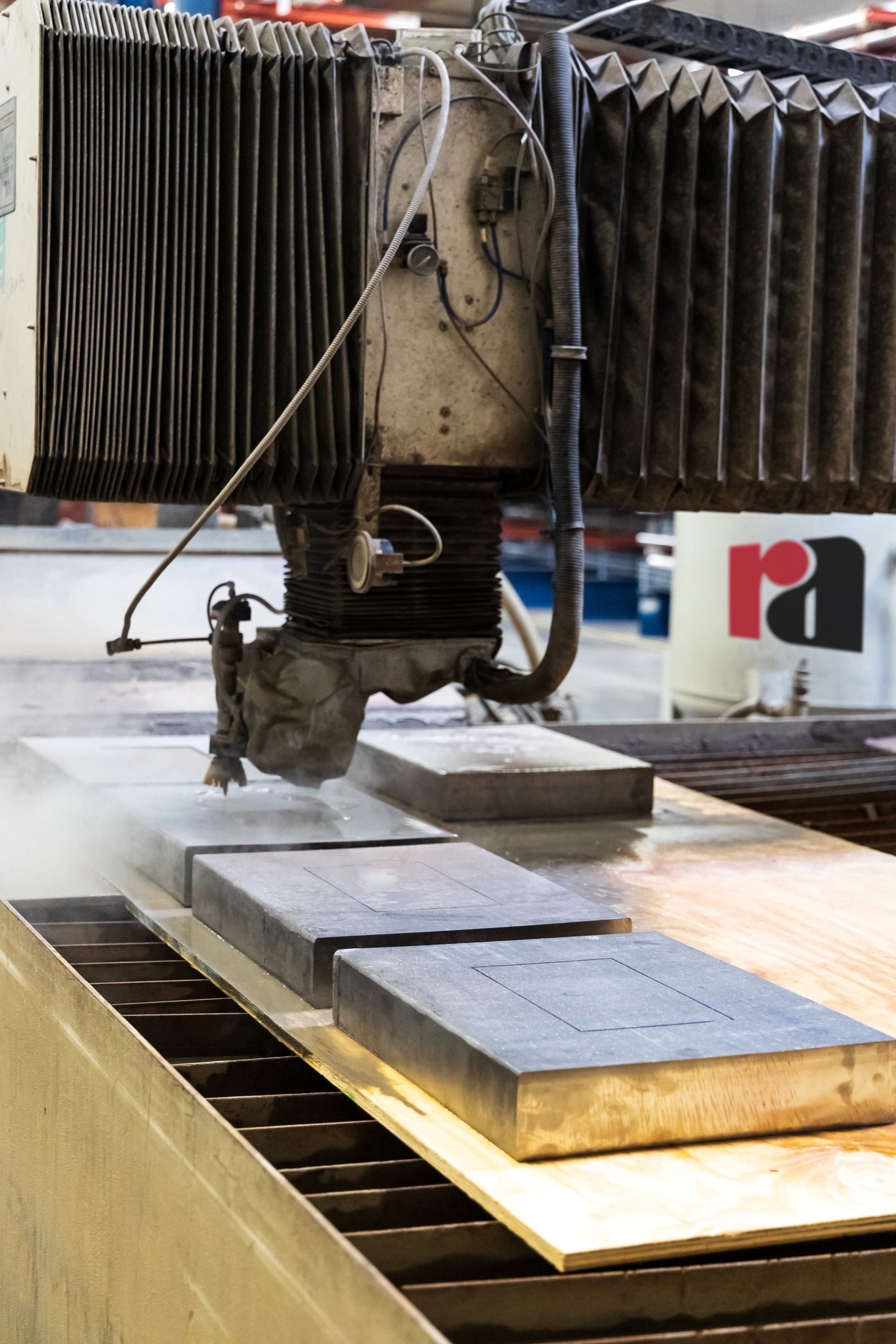
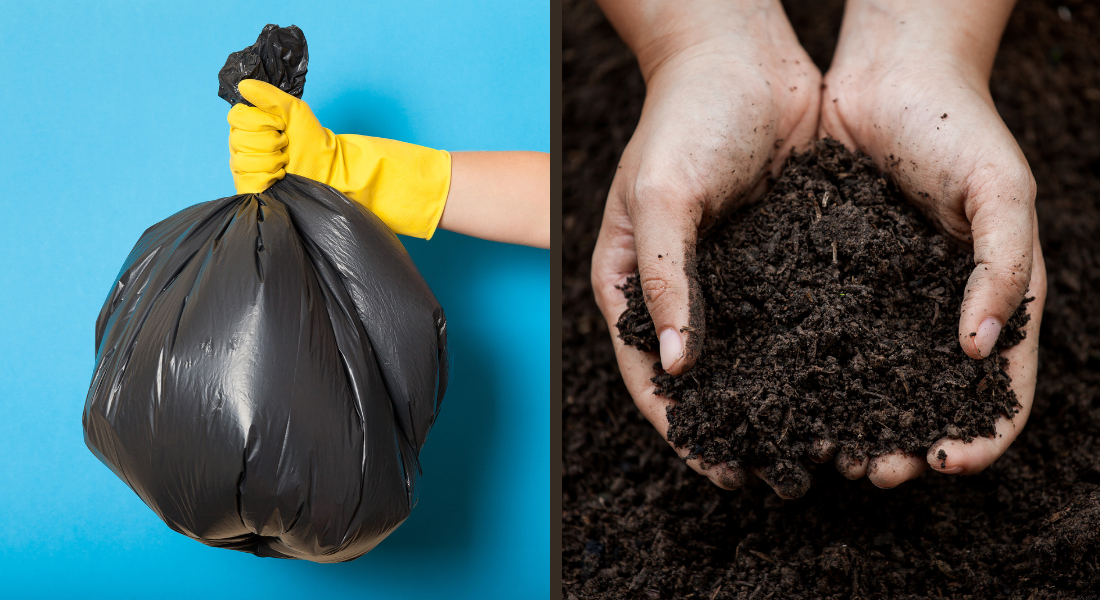
FIND OUT HOW YOU CAN SAVE OVER 30% ON YOUR WASTE COST
WHILE IMPROVING THE SERVICE LEVEL
We Will Provide A Free Waste Savings Audit.


